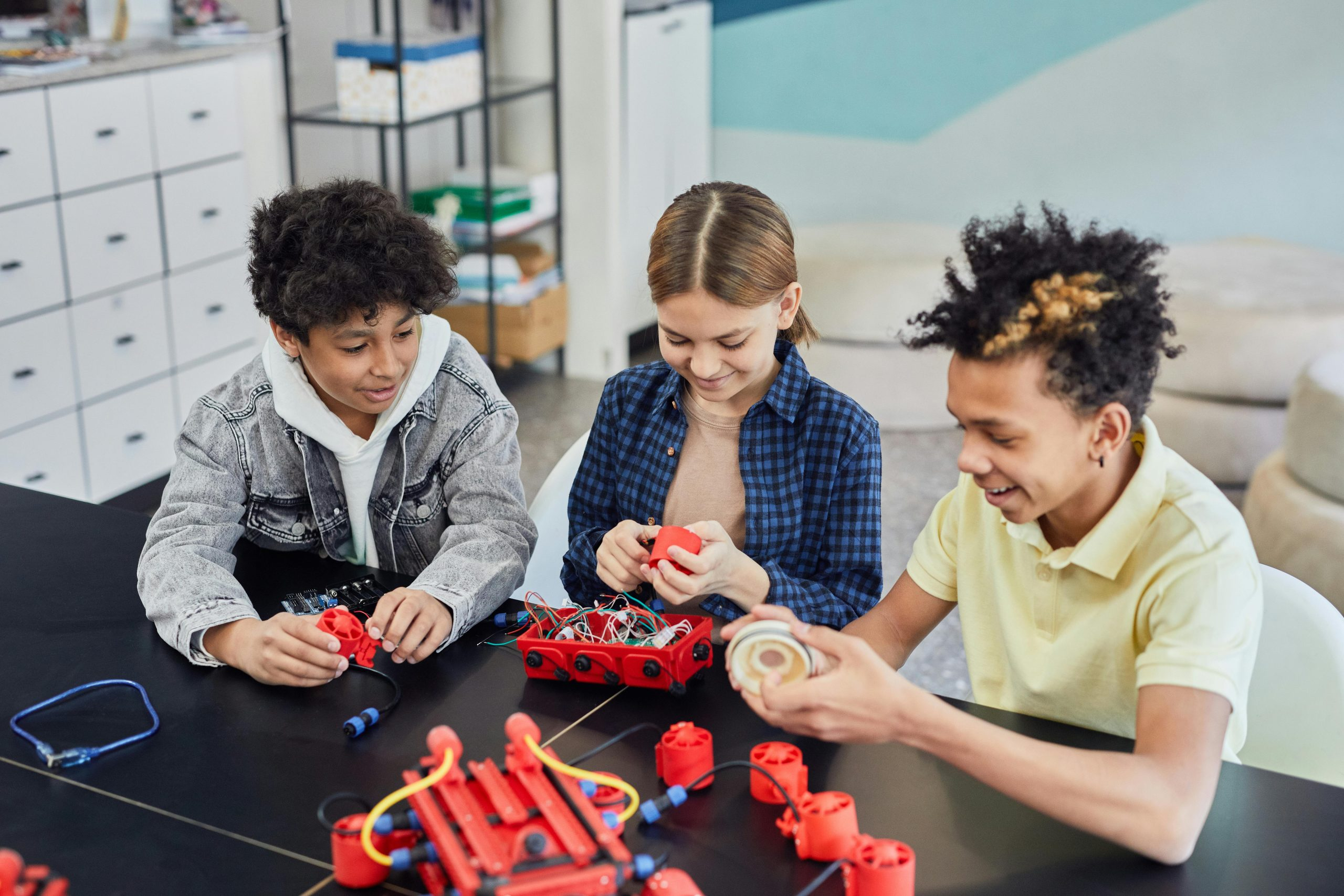The Changing Role of Educators in Technology-Rich Classrooms
In today’s fast-paced, technology-driven world, our classrooms are no longer confined to traditional methods of teaching. With the rise of technology, the role of educators has also transformed significantly. Teachers are now faced with the challenge of incorporating technology into their teaching methods to provide a more engaging and effective learning experience for their students. As technology continues to advance at a rapid rate, educators must adapt to these changes and take on new roles to keep up with the ever-evolving classroom environment. In this article, we will explore the changing role of educators in technology-rich classrooms and how it impacts both teachers and students.
The Need for Technology in the Classroom
Technology has become an integral part of our daily lives, and it’s no surprise that it has also made its way into our classrooms. Gone are the days of blackboards and chalk, replaced by interactive whiteboards and tablets. The use of technology in education has brought many benefits, such as enhancing collaboration, improving communication, and providing personalized learning experiences. It also allows students to access a vast amount of information, making learning more interactive and engaging. As technology continues to advance, the need for its integration in the classroom becomes even more paramount.
New Roles for Educators
Facilitator of Learning
Gone are the days when educators were considered the sole providers of knowledge. With the availability of information at our fingertips, the role of educators has evolved from being a lecturer to a facilitator of learning. They are no longer the gatekeepers of knowledge but instead guide students in their learning journey. With technology, students can now access information on their own, and it is the role of educators to help them navigate through it and make sense of it.
Technological Expert
With the ever-increasing use of technology in the classroom, educators must become experts in using different types of technology. They must be well-versed in various tools and applications to effectively incorporate them into their lessons. This means familiarizing themselves with the latest trends in educational technology and continuously updating their skills to ensure they are providing the best learning experience for their students.
Data Analyst
Technology allows for the collection of vast amounts of data, giving educators insights into their students’ learning progress and needs. With the help of data, educators can identify areas where students are struggling, tailor their teaching methods, and provide personalized learning experiences. This means that educators must now analyze data and use it to inform their teaching strategies, making them data analysts in addition to teachers.
Impact on Students
The integration of technology in the classroom has had a significant impact on students. It has provided them with endless possibilities to learn and explore, making the learning experience more engaging and interactive. With technology, students can work at their own pace, explore their interests, and collaborate with their peers. It also opens up opportunities for students who may learn differently, allowing them to use technology as a tool to support their learning.
Conclusion
The changing role of educators in technology-rich classrooms is inevitable, and it brings both opportunities and challenges. As technology continues to advance, teachers must continuously adapt to these changes to provide the best learning experience for their students. They must embrace technology, become experts in using it, and use it to enhance their teaching methods. With the right approach and mindset, the integration of technology in education can bring about positive changes and revolutionize the traditional classroom setting.






